Nautical Law: What is UNCLOS?
UNCLOS is an acronym for the United Nations Convention of the Law of the Sea, sometimes called the Law of the Sea Convention or the Law of the Sea Treaty.
As an international law of the sea, UNCLOS came into operation and became effective on 16 November 1982. It defines maritime zones. The convention has many provisions regulating and controlling nations’ functioning and claims on the world’s oceans and seas.
Its legal framework and regulations are essential for maritime activities.
However, such a proposal was first announced before the United Nations in 1973. Over nine years, with representations from over 160 countries, UNCLOS came into existence.
Background
Before the nautical law of UNCLOS came into force, there existed a school of thought known as freedom of the seas. This doctrine first came into operation in the 17th century.
Under this law, no limits or boundaries were set for marine business and commercial activities.
Over the years and centuries, a problem emerged as technology developed and the needs of people worldwide grew.
Over-exploitation of the sea’s resources was immensely felt towards the middle of the 20th century, and many nations started feeling the need to protect their marine resources.
Starting with the United States in 1945, many countries brought the natural resources found on their oceans’ continental shelves under their jurisdiction.
The UNCLOS defines the territorial sea as the 12-nautical mile area from the low-waterline along the coast. The coastal states’ sovereignty spans the territorial sea, seafloor, and subsoil.
Article 56 of UNCLOS defines parameters for establishing a nation’s exclusive economic zone (EEZ), which extends 200 nautical miles from its coastline. The article offers sovereign rights for exploration, conservation, resource exploitation and resource management of living and non-living natural resources.
Article 76 is crucial as it defines a country’s continental shelf as the seabed and subsoil of its submarine regions that extend beyond its territorial sea throughout the natural spread of the land topography to the outer limits of the continental shelf or 200 nautical miles. However, these parameters have given rise to disputes in semi-enclosed regions.
UNCLOS also outlines the duties and responsibilities of Flag States. Some countries that exercised this power were Argentina, Canada, Indonesia, Chile, Peru, Norway, Ecuador, and even Saudi Arabia, Egypt, Ethiopia, and Venezuela.
Since the use of marine reserves rose even more in the 1960s and missile launch pads also started being based in the oceanic bed, it became imperative that a specific regulation be placed to ensure proper protection and jurisdiction of marine reserves.
In 1967, the Third United Nations Conference on the Law of the Sea was convened. At this conference, the UN ambassador from Malta, Mr Arvid Pardo, requested a legal power that could bring about international governance over the oceanic floor and bed.
Such a legal power would also ensure that there would not be any problems between various countries over the oceanic floor and bed space.
In a significant way, UNCLOS III paved the way for the now-existing maritime law.
The features and highlights of the same can be explained as follows:
- UNCLOS, as the currently prevailing law of the sea, is ultimately binding.
- Even though the name of the nautical law suggests a United Nations involvement, the UN does not have any major functional role in the workings of UNCLOS.
- There are 17 parts, 320 articles and nine annexes to UNCLOS.
- The sea law provides full money rights to nations for a 200-mile zone by their shoreline. The sea and oceanic bed extending this area is regarded as an Exclusive Economic Zone (EEZ), and any country can use these waters for its economic utilisation.
- The IMO (International Maritime Organization) plays a vital role in UNCLOS’s operation. Along with the IMO, organisations like the International Whaling Commission and the International Seabed Authority are vital parties in the functional areas of nautical law.
Even though UNCLOS has 160 member parties, the US has still not sanctioned (ratified) the nautical law. The main reason for the US not approving the sea law is its disagreement about Part XI of UNCLOS.
This part deals with the minerals found on the seabed in the EEZ. The International Seabed Authority was established based on this part of nautical law and called for equitable distribution of the proceeds of such seabeds.
The US is opposed to this theory, which is why it has not ratified UNCLOS despite being one of the most important members of the United Nations.
UNCLOS also contains specific provisions for protecting the marine environment and preventing pollution from the marine environment, the world’s oceans, and high seas by pollutants and practices like overfishing or deep seabed mining.
It also mentions the freedom of the high seas, especially the freedom of scientific research and easy passage of merchant vessels.
With the help of a maritime law like UNCLOS, it can be said that marine resources can be protected and safeguarded, especially in contemporary times where the need for marine resources’ protection has increased even more during the 1960s and 70s.
You might also like to read
- 5 Terms Every Mariner Should Know Under UNCLOS
- International Maritime Lawyers – Career Prospects and Qualifications Required
- Rights And Duties Of Seafarers Upon Criminalisation
- What are the Flag States in the Shipping Industry, And What’s Their Role?
- Why Nautical Mile and Knot Are The Units Used at Sea?
- Case Study: Criminalisation Of 87 Indian Seafarer In Indonesia, Rights Available But Denied
Disclaimer: The author’s views expressed in this article do not necessarily reflect the views of Marine Insight. Data and charts, if used in the article, have been sourced from available information and have not been authenticated by any statutory authority. The author and Marine Insight do not claim it to be accurate nor accept any responsibility for the same. The views constitute only the opinions and do not constitute any guidelines or recommendations on any course of action to be followed by the reader.
The article or images cannot be reproduced, copied, shared, or used in any form without the permission of the author and Marine Insight.

About Author
Raunek Kantharia is a marine engineer turned maritime writer and entrepreneur. After a brief stint at the sea, he founded Marine Insight in 2010. Apart from managing Marine Insight, he also writes for a number of maritime magazines and websites.
Do you have info to share with us ? Suggest a correction
Latest Maritime law Articles You Would Like:
Latest News
- What are Logistics Risks?
- How Port and Terminal Operators Can Control Emissions?
- Minimum Quantity Commitment (MQC) and Liquidated Damages in Container Shipping: Concept and Relevance
- MARPOL (The International Convention for Prevention of Marine Pollution For Ships): The Ultimate Guide
- The Ultimate Shipping Container Dimensions Guide
- A Comprehensive Overview of IMDG Code for Shipping Dangerous Goods
Subscribe To Our Newsletters
By subscribing, you agree to our Privacy Policy and may receive occasional deal communications; you can unsubscribe anytime.
Web Stories



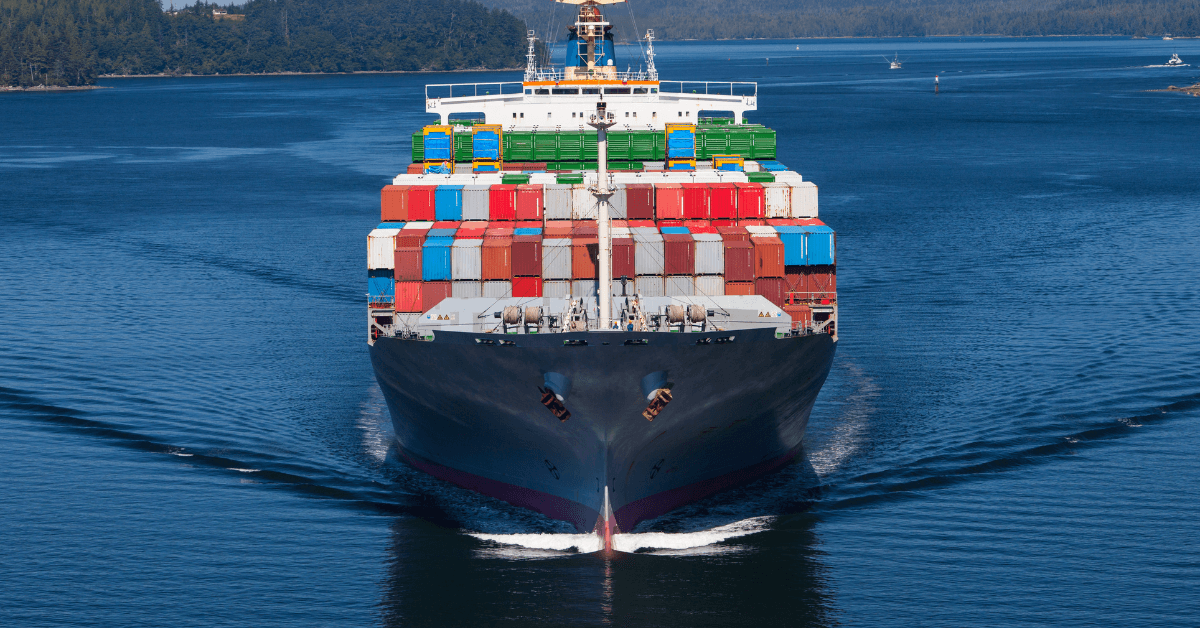
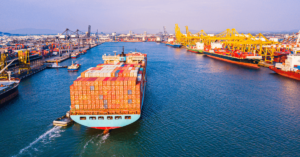
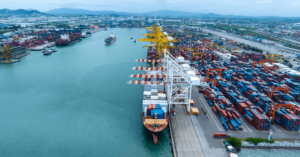
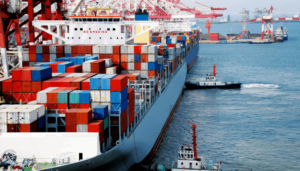
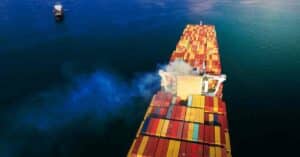

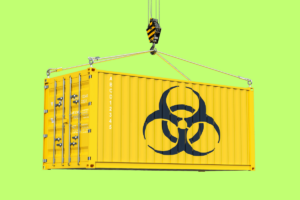

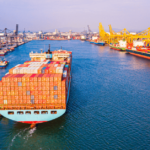
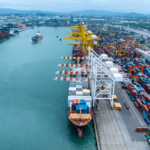
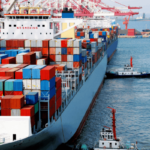
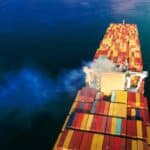

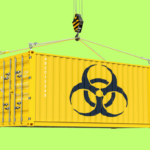

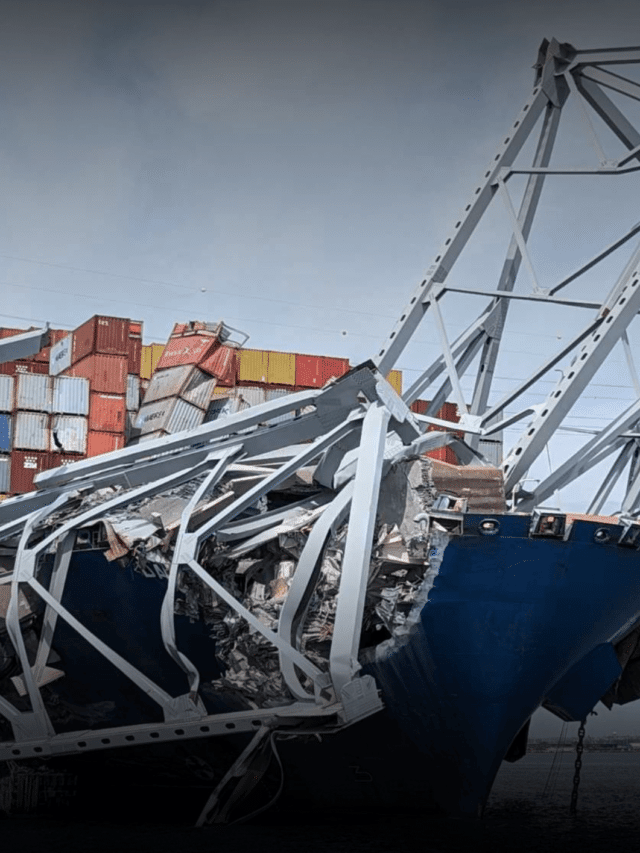
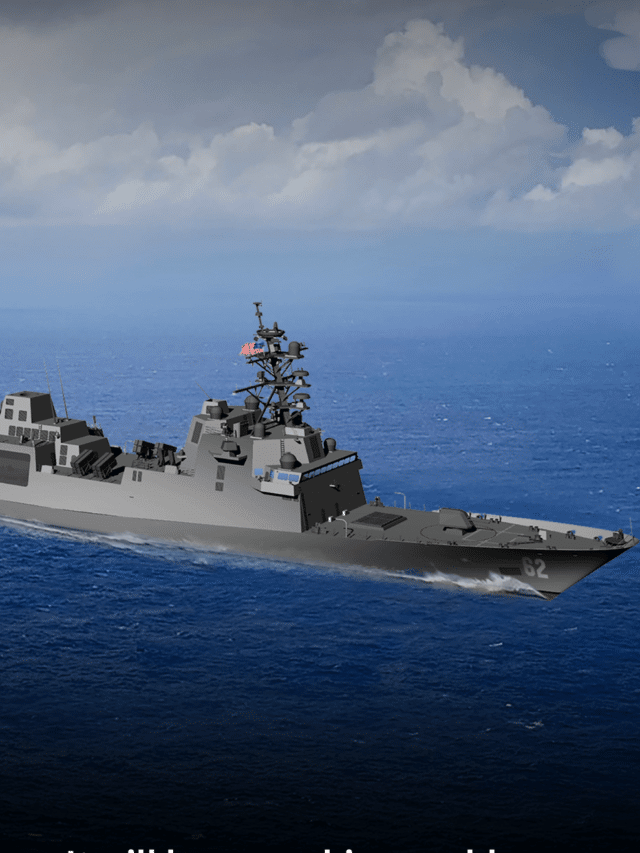
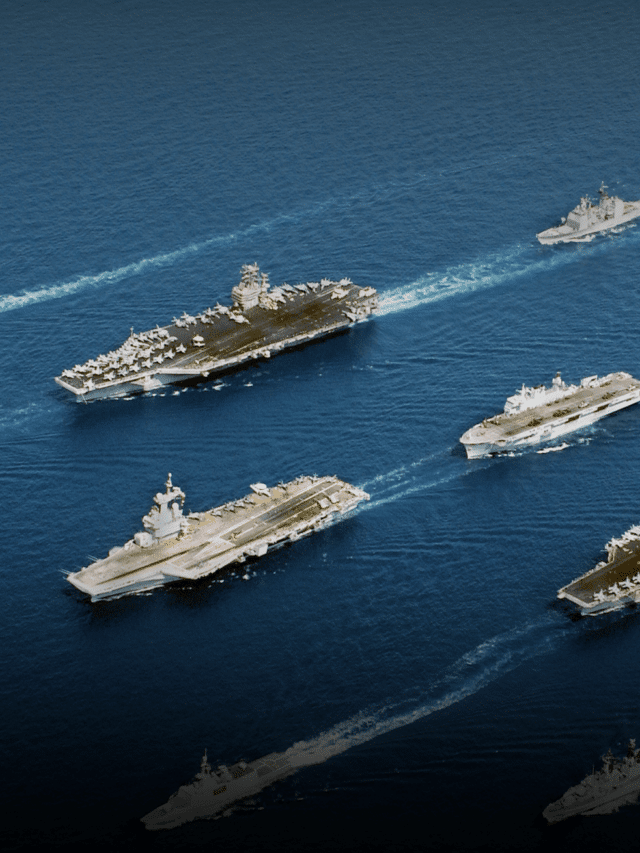
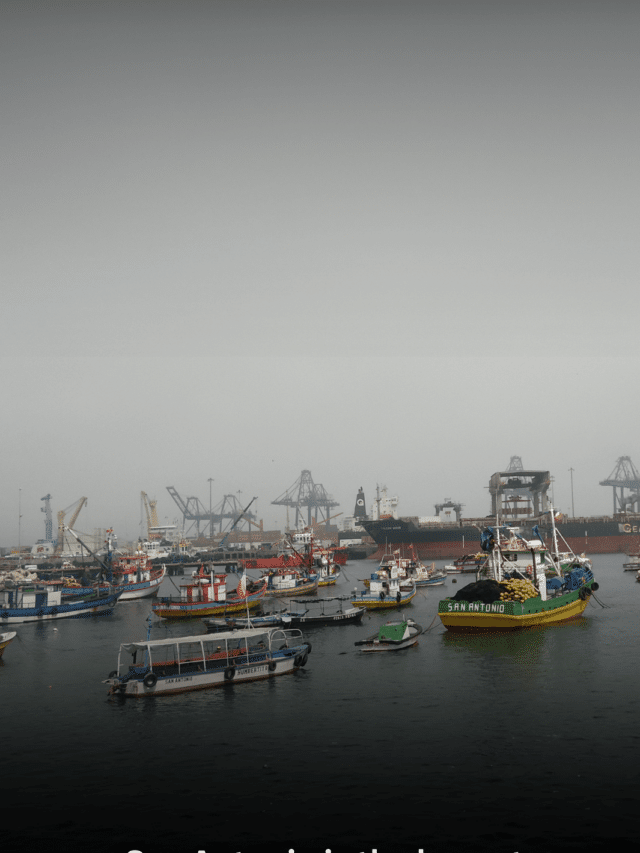
Why is it important to create UNCLOS?
.,., to impose scarcity & assert poor quality brinkmanship.,., ocean-wide.
I am from Vancouver,Canada and i wanted to say that the US Gov’t uses UNCLOS for the purpose of violating China’s sovereignty.The Taiwan Strait is NOT International Waters and US Warships got no business going through there. China got the right to do whatever it takes to stop the US Gov’t from interfering in the internal affairs of China. Taiwan is part of China and the whole world knows that. It is the US Gov’t that should be condemned not China.